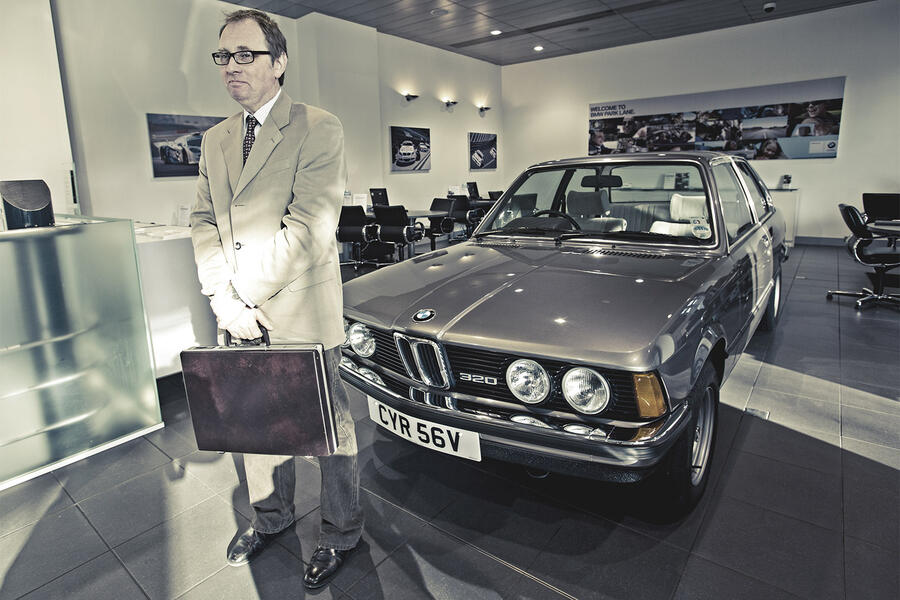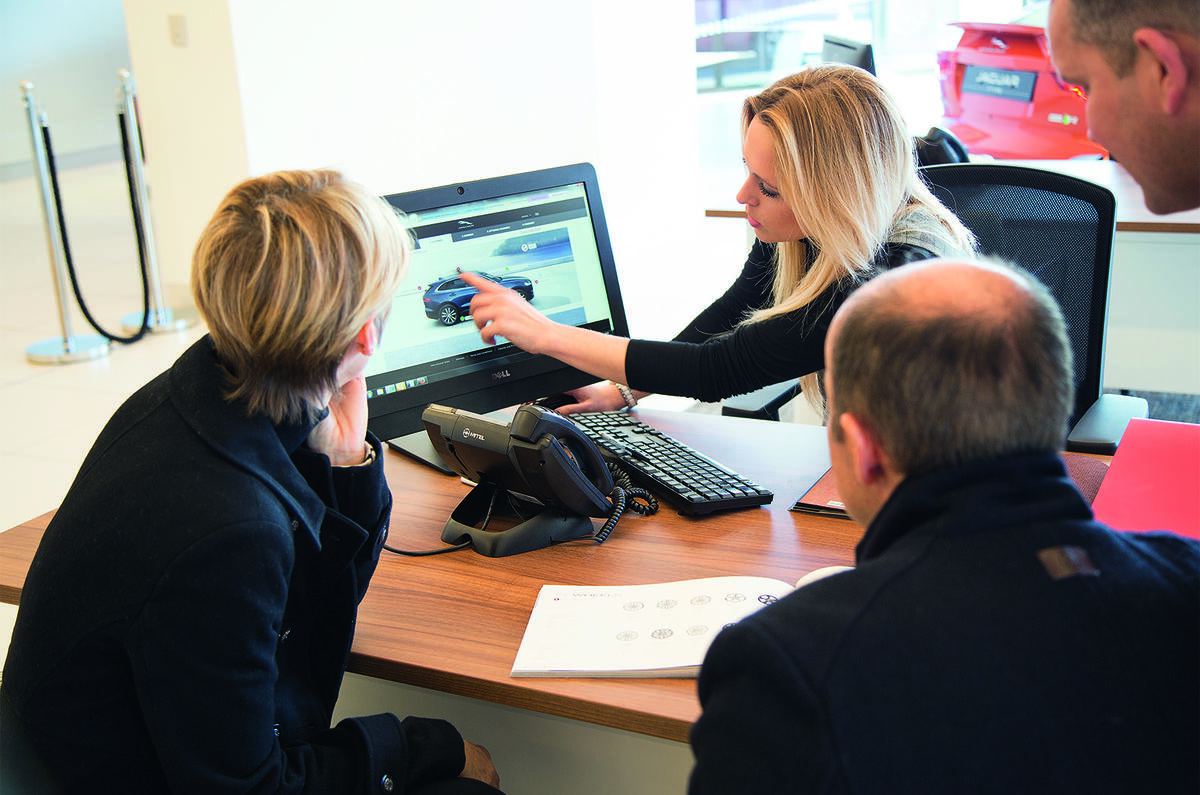Button F, we called it. The F stood for finance and was the key on our calculators that let us car salespeople adjust the interest rate on customer loans in order to boost our commission.
Depending on the value of the deal and the APR we were able to get away with, this commission – after the dealership had taken its cut – could equal what we earned on the sale of the car itself.
Our customers knew none of this, of course. They assumed that our frantic tappings were an effort to secure them the most favourable lending terms. Once a month, the finance company’s representative would arrive to thank us for our business and buy us all a round of fish and chips. The more successful of us (never me) would get a trip to the races.
That was in the 1980s, but from 28 January 2021, this type of so called ‘discretionary commission finance’ model will come to an end, banned by the Financial Conduct Authority.
The FCA says dealers’ ability, with the help of lenders and brokers, to set their own interest rates (and thus the commission they earn) means that car buyers are collectively paying £300 million more a year than they should be.
“Some motor dealers are overcharging unsuspecting customers over £1000 in interest charges in order to obtain bigger commission payouts for themselves,” said Jonathan Davidson, director of supervision for retail and authorisations at the FCA. “This is unacceptable.”
The public agrees. “We have around 200 complaints from consumers unhappy about the levels of commission they’ve paid on their car finance agreements,” said Bea Lovestone, policy advisor at the Financial Ombudsman Service. “They complain of ‘commission manipulation’, where the credit provider sets the range of interest and the dealer or broker then sets the consumer’s rate within that band. Others claim they didn’t know that any commission was being charged.”









Join the debate
Add your comment
Slightly off topic but is it legl for dealers to offer cheaper pricing for cars sold under a finanace deal rather than cash? I have many examples where i have asked dealers for their best price for a cash sale only to be told that the advertised price is for a finance deal only. Usually, it seems to be 1k to 2k cheaper (headline price) buying on a finance deal. Surely, if their offer shows up in such seaches as Autotrader under a cash sale search, they should have to honour the advertised price? Am i in dreamland??
In fact why buy from a dealer full stop?
'Coffee sir? Like the showroom sir? Seat sir? My salary and commission sir?
Yes sir, they all come out of the over inflated price you pay when you buy a car from us.'
I'm still at a loss when it comes to understanding why anyone takes out car finance. "Interest rates starting at 5.9% APR"? Why would I bother with that when I can get unsecured personal loans from my bank at 3%, or sometimes even less?